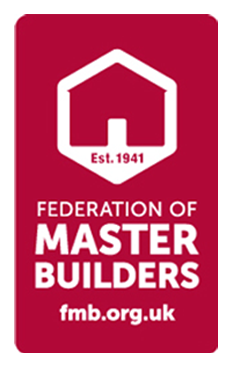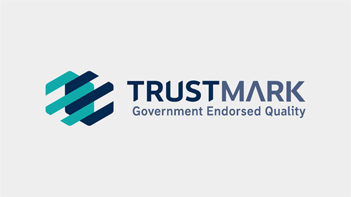How to Budget When You Are Having An Extension – A Suffolk Builder’s Top 5 Tips
With so much talk in the news about the rising cost of living and 2022 already being labelled ‘the year of the squeeze’ many in the UK are considering their outgoings more and more. Especially big investments, such as home improvements and how to budget for them.
There’s no doubt taking on large renovation projects can cost a lot of money, so its vitally important to ensure you have the right funds before you begin. Being specific about what you need doing and ensuring you have a contingency fund for extras, is key in keeping a realistic budget.

With over 45 years in the construction industry, Wayne Mills knows and values how important it is for people to be able to realistically budget for any work they are having done at home.
Here are his top 5 tips when it comes to the important factors to consider when managing personal finances for property building works…
1. You Sometimes Need to Think Outside the Box
First up, is quantifying exactly what you need doing and why. This sounds obvious, but after having that initial lightbulb moment, it’s important then to consider the ‘Why’ to ensure it’s the right choice before going ahead.
For example: Your initial idea might be to have a loft conversion to gain more bedroom space, However, it’s also worth considering what other alternative options there could be, and the relative cost of these, before making that final decision. These will all be personal to your situation and the type of property you own, so its good to consider everything first.
A loft conversion still might end up the best option, or it could be that a room configuration is cheaper or even a ground floor extension is more cost effective for you in the long run. Whatever the outcome. Wayne feels it’s important to always have this conversation:
“We do get a lot of repeat business and the reason being obviously we do a good job but, also when customers are trying to save money we can discuss alternative ideas that will help them achieve what they want.”
So generally I think they come back because I go the extra mile and if I can see a way to make works fit their budget, I will look at how we can best achieve this”

2.The Quote is King
Once you have determined exactly what you want to do, the next step is getting a quote. This then forms the starting point, for your project budget so always make sure you get one. Now, is also the time to consider, what other outgoings will this project trigger? Such as new furniture for the space. As well as the project itself, its good practice to also hold back a contingency fund of 10% for unexpected extras.
3.The Devils in the Detail
Speaking of extras, when it comes to quotes, Wayne believes very strongly that the detail you receive upfront is key. Its important to ask for a breakdown – He’s learnt first hand that sometimes companies go in low, but don’t always include everything that will end up on the final bill. With over four decades experience in the construction trade, Wayne’s quotes are known as being considered- taking all the details into account. He can’t guarantee it will be cheap and there certainly won’t be any corners cut, but what you will always receive, is an accurate depiction of what needs doing with a realistic estimate.
“I try to breakdown all costs and be as transparent as possible so that the customer can see the costs of each item. I make sure I allow for any known extras right from the beginning.”
4. Seek Advice
When you are in the middle of a project, it can sometimes feel like information overload. It’s important in times like this if you are being asked to make decisions, especially when they are concerning budget, that you seek advice. Wayne shares the example of some recent work where they managed to save their client thousands, simply by considering what was being asked and then coming up with an alternative solution.
“I have come across many situations where a design can end up costing far more than is necessary. Especially if a customer doesn’t understand the technicalities of what an architect is proposing. We had a job recently where we were told that a new extension needed £6,000 worth of steel beams to support various aspects of the work.
However, by working together, we were able to come up with an alternative course of action- where by simply doubling up on timbers and moving walls a few inches, we saved our customer thousands of pounds.”
5. Keep Communicating
Lastly, it goes without saying that throughout any building work, you need to keep talking. Open lines of communication are paramount when undertaking a big project. Ensure you have a catch up with your builders every couple of days, to see how things are going. Not a full blown meeting by any means, but just by having regular interaction, you will minimise those unexpected surprises and the costs that sometimes come along with them. Communication is also imperative at the beginning. At Wayne Mills Construction, Wayne prides himself on the great relationships he builds up with all his customers.
“Customer relations is one of the most important things to us – I would rather cut profit down but, leave a job with a happy customer and friend. It goes a long way”





